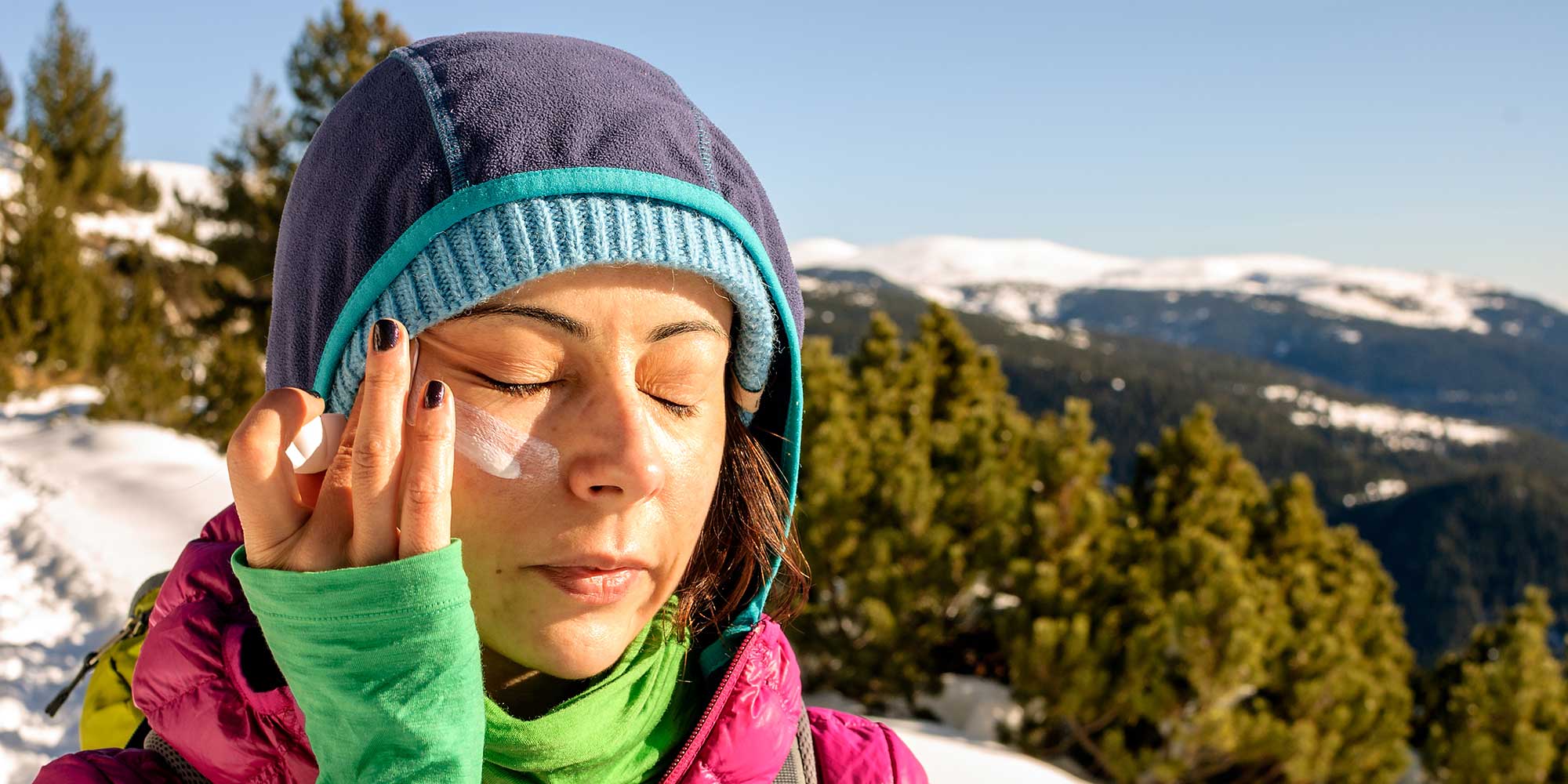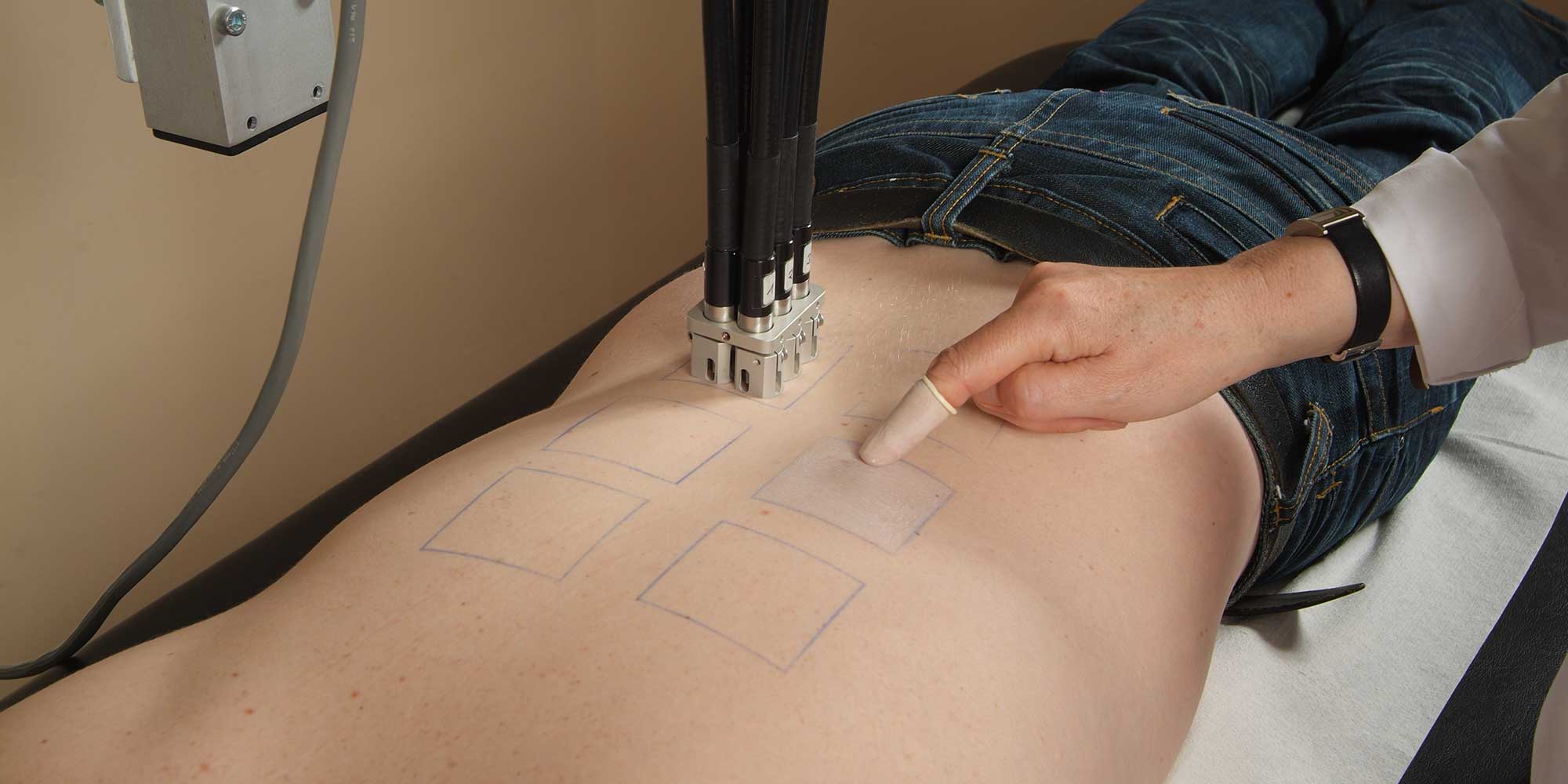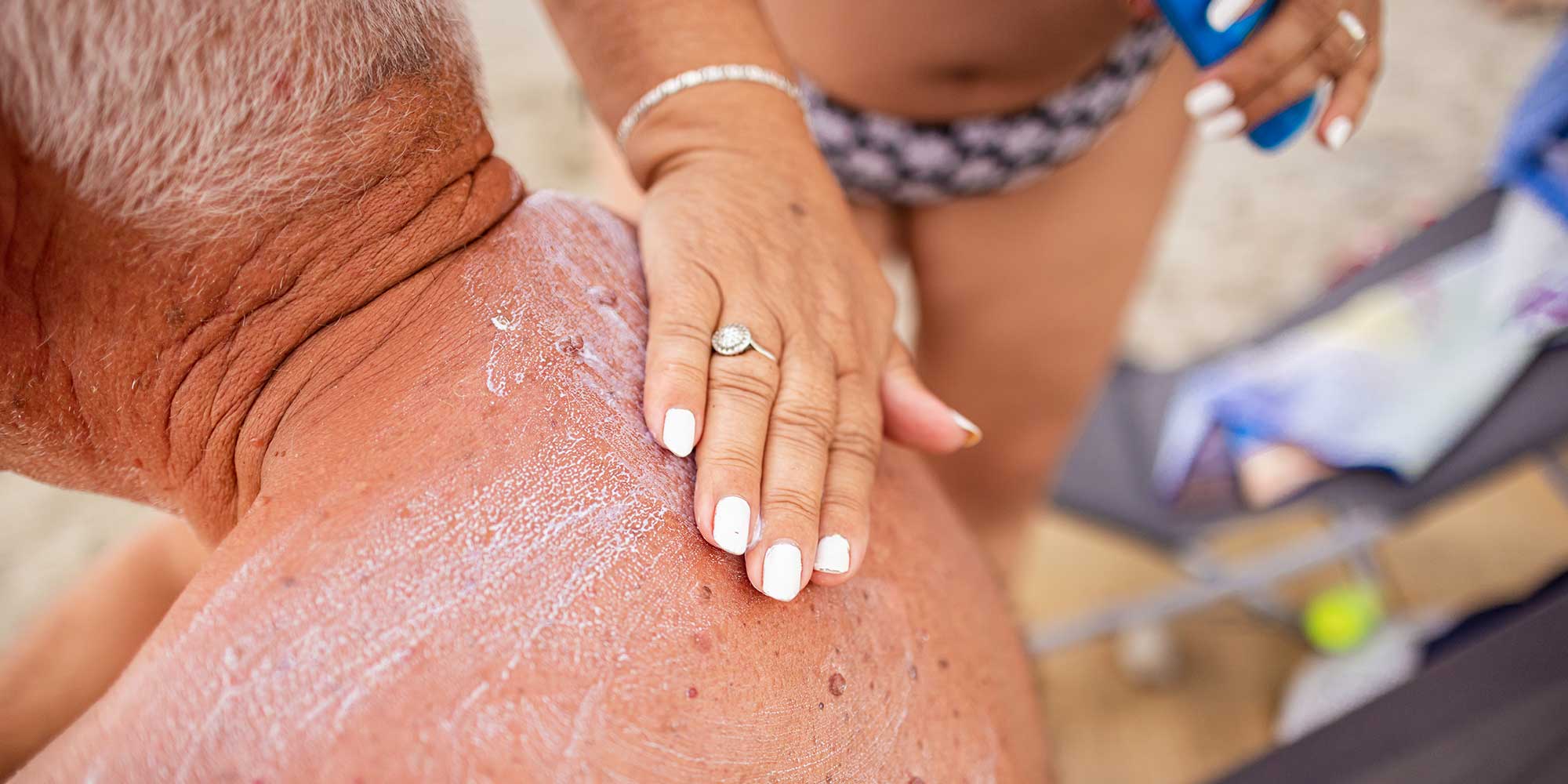Is there a problem with sunscreen? SPF scandal leaves buyers exposed

We rely on sunscreen to protect us from the sun's damaging rays, but a recent, shocking investigation has thrown that trust into doubt.
In Australia, a country with the highest rates of skin cancer in the world, the consumer group Choice Australia tested 20 sunscreens labelled SPF50 or 50+ and found that a staggering 16 of them failed to live up to their claims.
If you haven’t heard of Choice, it’s Australia’s equivalent of Which? – a consumer watchdog that, like us, has called out big-name brands for selling underperforming SPFs.
The fallout from this scandal has already reached the UK. Popular luxury brand Ultra Violette, which is widely available in Boots, Space NK and other beauty outlets, has pulled its Lean Screen SPF50 product from shelves after the tests showed its SPF was in fact just 4 or 5. But this isn't just about one brand or one country. The Australian findings raise a far more troubling question for UK consumers: are there fundamental flaws in the way sunscreens are tested and regulated? And if so, how can we truly be sure we're protected?
Eat well, live better, stay healthy – sign up for our free monthly Food & Health newsletter for the latest insights delivered straight to your inbox
What does Which? testing reveal?
Every year, the Which? team tests sun creams, from affordable supermarket own-brand products to high-end versions. And disturbingly, every year, while plenty of sun creams do pass our core sun protection tests, we find some that don't. And just like in the Australian tests, some fail to provide even a fraction of their claimed SPF or UVA protection.
When a sunscreen fails the tests in the independent labs we use, they are retested with new samples from the same bottle to ensure accuracy. We look for a two-out-of-three result – so if one product fails and the next one passes, we will test a third to confirm. Any products that fail tests twice are then labelled as Don’t Buys.
Our research, and that of Choice Australia, shows that price doesn’t always guarantee quality. Ultra Violette, which has pulled products in Australia after the results of Choice Australia's tests, is a luxury brand with a premium price. For example, 50ml of Ultra Violette Clean Screen was on sale for £32 at Boots.
Why would different labs give different results?

As Which? expert Dr Neal Rimmer explains: 'There is some minor lab-to-lab variability due to each lab having different staff and equipment. However, there are international standards that define how to test sunscreen to determine the SPF and UVA. Which? uses the same standards as manufacturers. When considering a third-party laboratory for our testing, we examine its experience, credentials, accreditations, availability and costs.'
It’s not yet clear precisely what has happened at the labs involved in the Australian scandal. The Australian Broadcasting Corporation (ABC) investigated and found that a single US-based laboratory was responsible for at least half of the products that had failed Choice’s testing, and that this particular facility seemed to routinely record high test results. ABC also spoke with several experts who believe the data from this lab was unusual and warranted further investigation.
Find out how we test sun creams to find the best products, and uncover the ones which don't live up to their claims.
Should brands be allowed to test their own products?
Currently, some sunscreen manufacturers can outsource their testing to third-party labs, providing samples themselves. Is this the best way to offer consumers the guarantees they might want, or should there be more oversight?
Dr Rimmer explains: 'Manufacturers must hold proof for their claims, and this data must be made available to regulators for scrutiny. International standards are used to determine SPF and UVA levels, and guidance exists on what claims can be made from these methods. Our testing sometimes finds sunscreens falling short, showing why independent checks matter. Any products failing to meet its claims, we report to the regulator (OPSS).'
Are mineral SPF sunscreens a particular problem?

In our sunscreen reviews and investigations, Which? has found that mineral sunscreens, also known as physical sun creams, are generally less reliable in meeting their stated SPF and UVA protection levels than chemical sunscreens.
Specifically, a 2022 test by Which? on a selection of popular mineral sun creams found that all of them failed at least one of the two key sun protection tests. Because of this, Which? advises caution when using mineral sunscreens, recommending liberal and frequent application if you do choose to use one.
However, it’s important to note that lab testing has revealed failures in chemical sunscreens too, including from mainstream brands, so the problem with sunscreens and testing is certainly not just limited to mineral formulations.
Why you can you trust Which? testing
Our rigorous independent tests identify Best Buy recommendations for sun creams that pass British Standard tests for UVA and UVB sun protection, so you know you're getting a product you can rely on. Our expert buying advice also explains how sun creams work, the different types and how to apply them properly for the best results. We share all our SPF and UVA results in our news story and always keep our Don't Buys free to view for everyone.
Only logged-in members can see which of these products that we label as Best Buys. These are decided on the basis of application tests (for example how easily they are absorbed, or how pleasant or otherwise they smell.)
As Dr Rimmer explains, at Which? 'we purchase samples as a consumer would, from a retailer, and test these samples in an independent laboratory with decades of experience in sun protection testing. Samples are not provided directly from the manufacturer. We are an independent organisation, and our testing is arranged independently from any manufacturer. We ensure that our testing is conducted to the highest standards, following the same international standards that manufacturers adhere to. If a product fails to meet its claimed SPF or UVA, we retest the product to confirm the results.'
As our results show, reliable sun protection doesn't have to be expensive – we've found budget supermarket products that protect well. Our Best Buys include lotions from high street pharmacies and supermarkets.
What products should you avoid?
Remember that products rated as Don't Buys in our tests are always visible on our site, and you don't need to be a Which? member to view them.


